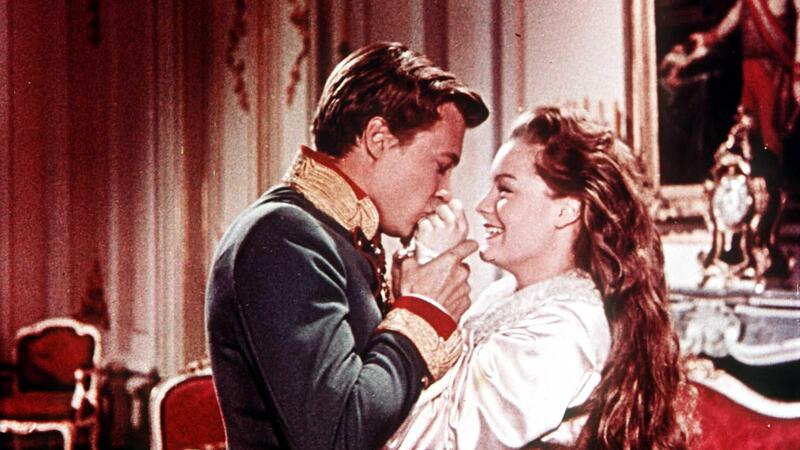On the one hand, the films were significantly involved in the creation of the Sisi myth, on the other hand, they also represented a contribution to the formation of an Austrian identity. The historian Helmut Konrad, for example, came to this analysis, emphasizing the different attitudes of the First and Second Republics to the Habsburg era . While people deliberately distanced themselves from the monarchy in the interwar period, after the Second World War they tried to deny the National Socialist legacy and therefore resorted to older points of contact.
Author and director Gerhard Tötschinger, who died in 2016, drew similar conclusions. For him, the change that the portrayal of Sisi in film and on stage underwent over the years was of particular importance. After the First World War, for example, there was the silent film “The Fate of those from Habsburg”, in which the role of the empress was clearly negative. According to Tötschinger’s research, however, I designed the portrayal of Elisabeth in an operetta by Fritz Kreisler in 1932 in a somewhat different way, in which the first signs of a transfiguration of the monarchy could already be seen.
Expression of a “demonstrative Austrian awareness”
No coincidence for Tötschinger, but the expression of a demonstrative “Austrian awareness”, which continued after the Second World War in the “Sissi” films: “It was a conscious political act,” explained Tötschinger on the occasion of the “Sisi Year” in 1998 At that time, the 100th anniversary of the Empress’ death was celebrated in a media-effective manner.
If people in the First Republic wanted to distance themselves from Germany in this way (“A commitment, just as people demonstratively wore traditional costumes and dirndls even in Vienna at that time.”), it was a new one two decades later, after the end of the Third Reich to build a shared identity. Especially since the first Sissi film was shot in 1955, the year of the state contract.
The actor Karlheinz Böhm (1928-2014), who played Emperor Franz Joseph under Marischka’s direction, also characterized the films as a cultural-political phenomenon in a newspaper interview (“Salzburger Nachrichten”) decades later. The director didn’t try to base himself on historical facts: “He didn’t want us to deal with the historical figures. He wanted us to play his characters.” Marischka was primarily interested in creating his own worldview. “The more I think about it, these films are a significant example of what people were doing back then. There’s a parallel between the suppression of Hitler’s past and the glorification of the Kaiser’s past,” Boehm said.
According to the interview, Böhm experienced that the creation of this new reality actually worked at the premiere of one of the Sissi films in Madrid. Karlheinz Böhm and Romy Schneider were greeted by an enthusiastic crowd: “We had to greet the people below like a real imperial couple. It was crazy.” The fact that Otto Habsburg, the son of the last Austrian emperor, was on board the plane went unnoticed by the cheering crowd.
more from culture
Movie review: Brilliant comedy by Master Ozon
Netrebko sues New York Opera
Ars Electronica: A festival for better answers
Music review: Storm and campfire
: Nachrichten
I am an author and journalist who has worked in the entertainment industry for over a decade. I currently work as a news editor at a major news website, and my focus is on covering the latest trends in entertainment. I also write occasional pieces for other outlets, and have authored two books about the entertainment industry.




